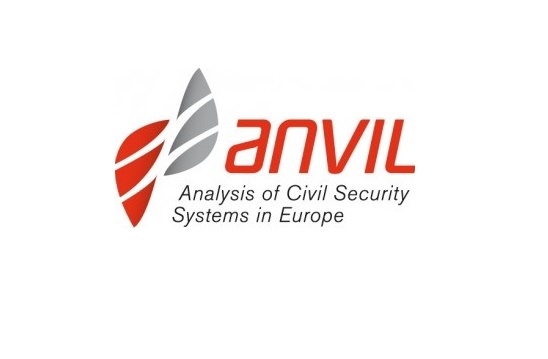
Project duration: 3/2012 – 2/2014
Client: European Commission, FP7 project (Coordination and support action)
Project Coordinator: Research Management AS, Norway
Coordinator of IRMO team: Višnja Samardžija, PhD
Project partners
-
- University Utrecht, Netherlands
- Swedish Institute of International Affairs, Sweden
- Institute for International Relations (IMO), Croatia
- University of Essex, United Kingdom
- Hellenberg International, Finland
- Istituto Affari Internazionali, Italy
- Institute for Peace Research and Security Policy at the University of Hamburg, Germany
- Swedish National Defence College, Sweden
- Faculty of Security Studies at the University of Belgrade, Serbia
- Fondacion pour la Recherche Strategique, France
- Adam Mickiewicz University in Poznan, Poland
Summary
The project aims to assess the quality of the civil security systems in Europe, both at the level of individual countries and regional security architectures. It seeks to establish a comprehensive and coherent methodology for analyzing civil security systems by relying on the fields of crisis management (effectiveness of the system), public administration science (efficiency of the system) and political science (legitimacy of the system) that should result in appropriate indicators for studying civil security systems. Project will map the variety of systems by drawing on their differences in four dimensions: cultural/historical features, legal/constitutional features, relations with citizens, and public-private constellations. Finally, project aims through intensive collaboration between academia, experts and policy-makers to upgrade current civil security systems, secure their greater interoperability in dealing with the shared challenges and secure added value at the EU level as well.
Objectives
-
- To pinpoint essential similarities and differences between civil security systems across Europe, through mapping and comparing, especially with regard to relevant cultural phenomena and legal determinations
- To study a representative number of security regional architectures in a comparative analysis regarding the sharing of responsibilities between public and private bodies and the role that citizens play in regional security architectures
- To determine whether these systems are efficient and effective in protecting their citizens (i.e. to determine what works and what doesn’t work in existing civil security systems)
- To provide advice about what changes or modifications could result in improvements to the security situation in regions or countries where this is desired by EU policymakers
- To ensure that the project gives EU-added value to policy stakeholders
- To link to future research needs where possible
Activities
-
- Establishing a methodological framework for analyzing civil security systems in Europe
- Brief country study about civil security systems in involved countries and regions
- Assessment of regional security associations in Europe
- Workshops, established project website, publications, presentations



